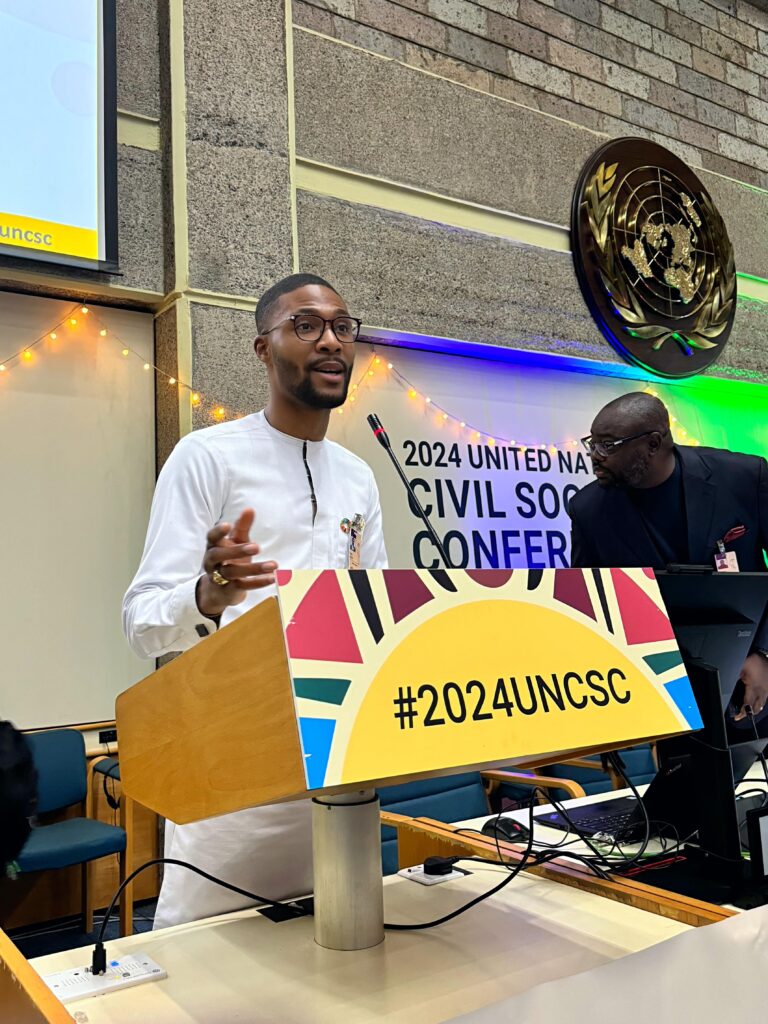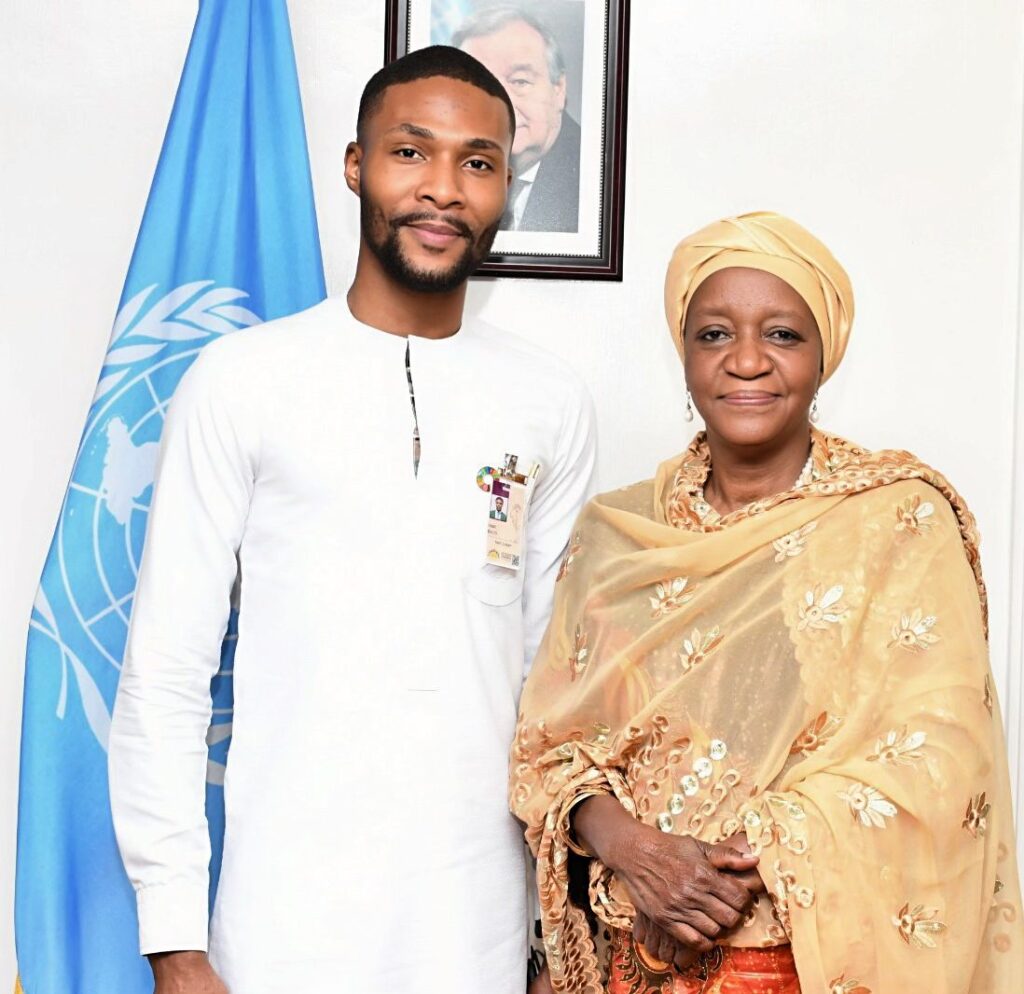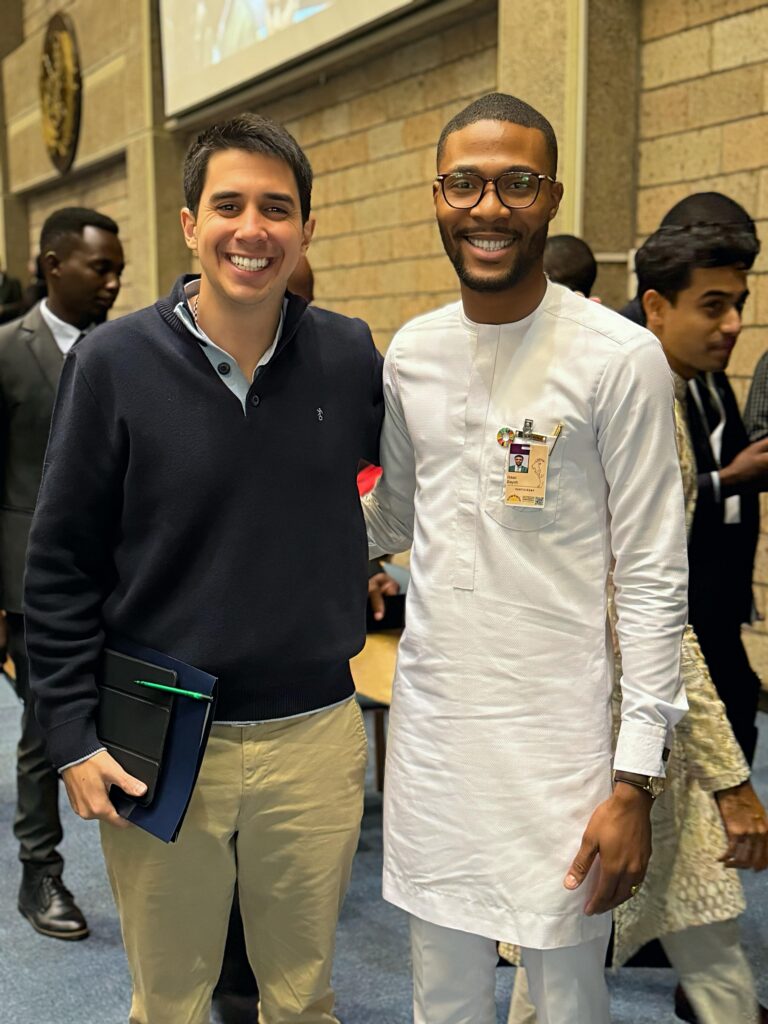In the corridors of global diplomacy, small nations often wield an outsized influence through strategic positioning and advocacy on critical issues. This year, Sierra Leone, a current member of the UN Security Council for the 2024-2025 term, has exemplified this role. The participation of Mr. Isaac Sheku Bayoh, Sierra Leone’s Lead Youth Peace and Security (YPS) Expert, at the United Nations Civil Society Conference is a case in point. But what does this engagement mean for Sierra Leone, and how does it support its agenda on the Security Council?
Amplifying Youth Voices in Global Governance

Sierra Leone’s engagement at the UNCSC in Nairobi underscores the nation’s commitment to shaping global policies through the lens of youth and civil society involvement. As a member of the UN Security Council for the 2024-2025 term, Sierra Leone leverages this participation to advance its diplomatic agenda, emphasizing the crucial role of youth in sustainable development and peacebuilding. This strategic positioning not only enhances Sierra Leone’s influence within the UN but also aligns with its broader objectives to foster global stability and development. By advocating for youth engagement and sustainable practices, Sierra Leone positions itself as a proactive contributor to global governance, steering Security Council discussions towards more inclusive and effective solutions. This approach elevates Sierra Leone’s diplomatic profile and solidifies its role as a voice for emerging economies and younger populations on the world stage.
Mr. Bayoh strategically engaged in key bilateral meetings with influential figures such as Madame Zainab Hawa Bangura, the UN Director-General in Nairobi, who is also a Sierra Leonean and a staunch advocate for youth and women’s issues worldwide. Their discussion aimed to enhance cooperation between Sierra Leone and various UN bodies, focusing on youth engagement, peacebuilding, and sustainable development. Additionally, Mr. Bayoh engaged with Mr. Felipe Paullier, the Assistant Secretary-General on Youth Affairs. Their conversation centered on the critical role of youth in shaping the future of global governance and explored strategies to amplify youth voices at the United Nations. These interactions are in direct alignment with Sierra Leone’s agenda on the United Nations Security Council, particularly its advocacy for stronger youth participation in international affairs, demonstrating Sierra Leone’s commitment to elevating youth perspectives in global governance.

By advocating for youth inclusion at the global level, Sierra Leone ensures that the perspectives and needs of its grassroots youth are represented in international policies, leading to more targeted and effective developmental programs at home. This international advocacy secures external support and resources that enhance local youth empowerment initiatives, improving education, employment, and technological access for young Sierra Leoneans. Furthermore, the visibility and involvement of Sierra Leonean youth in global governance inspire and motivate local youth, demonstrating the impact of their voices in shaping policies. Ultimately, these efforts foster a more inclusive governance structure within Sierra Leone, ensuring that no segment of the population is left behind in both national and global arenas.
As Sierra Leone continues to push for greater youth inclusion and empowerment, it raises important questions for every citizen to consider: How can local communities better support young people to be ready for these global opportunities? What additional resources are necessary to ensure that every young person in Sierra Leone has the chance to contribute to and benefit from our nation’s international engagements? Are there existing barriers within our educational or social systems that might prevent some youth from participating fully in these global initiatives? Reflecting on these questions can help us understand the broader impact of our international efforts and the ways we can enhance our local support structures to truly leave no one behind.



